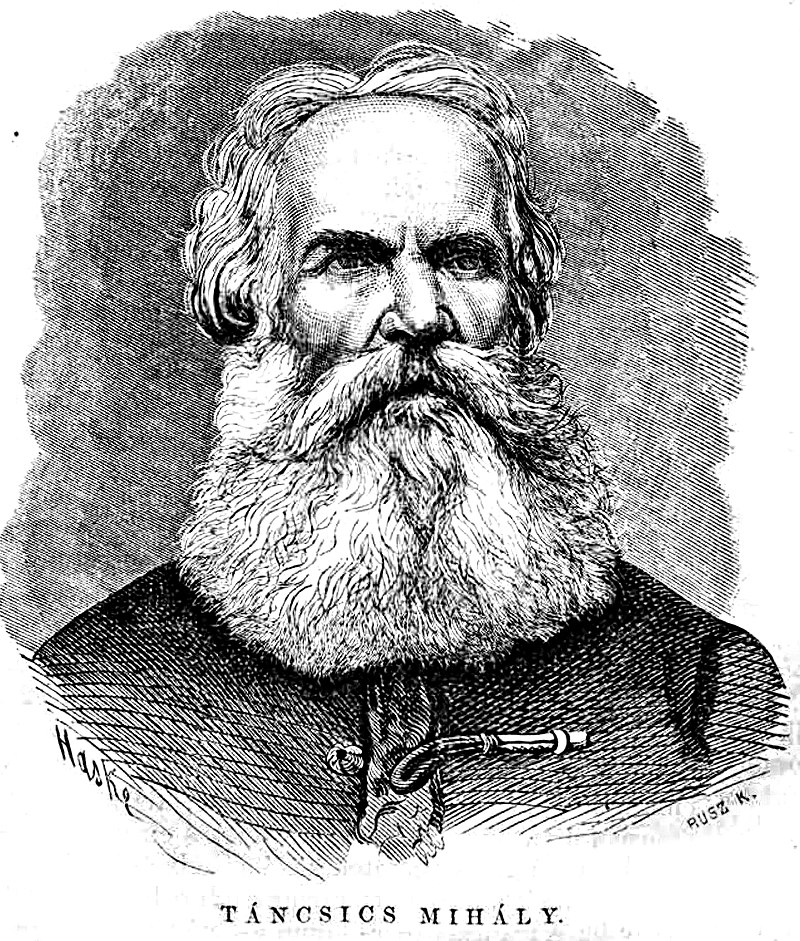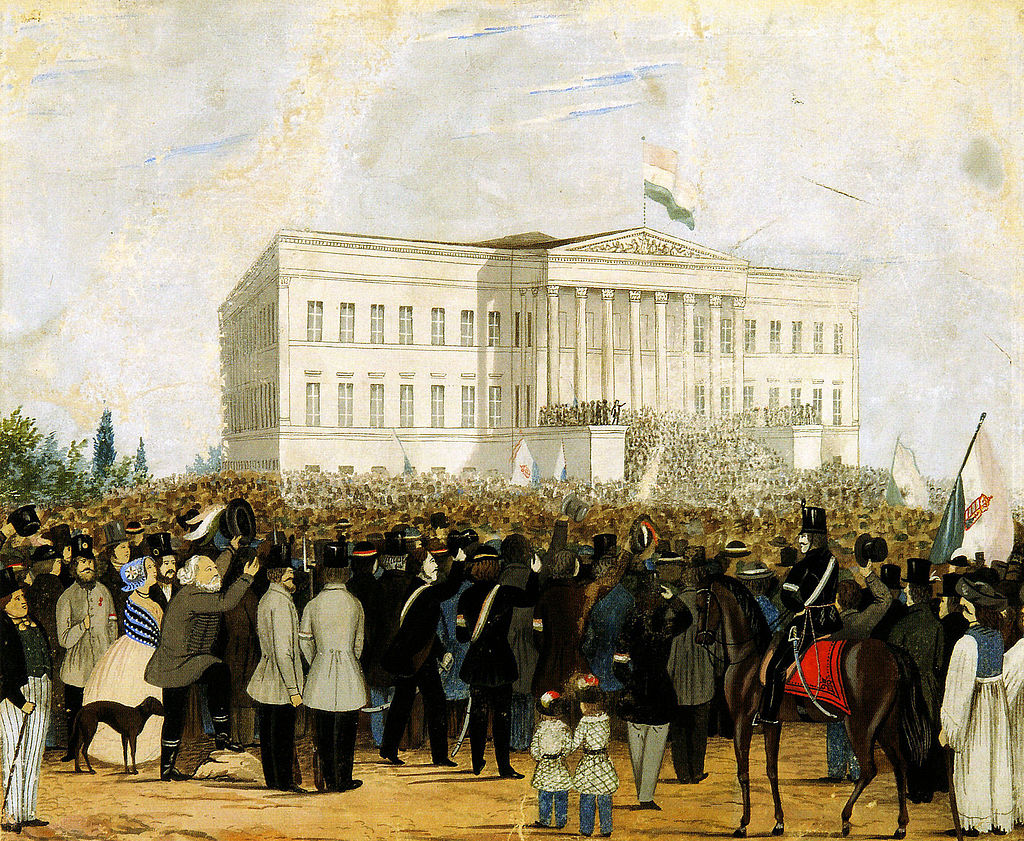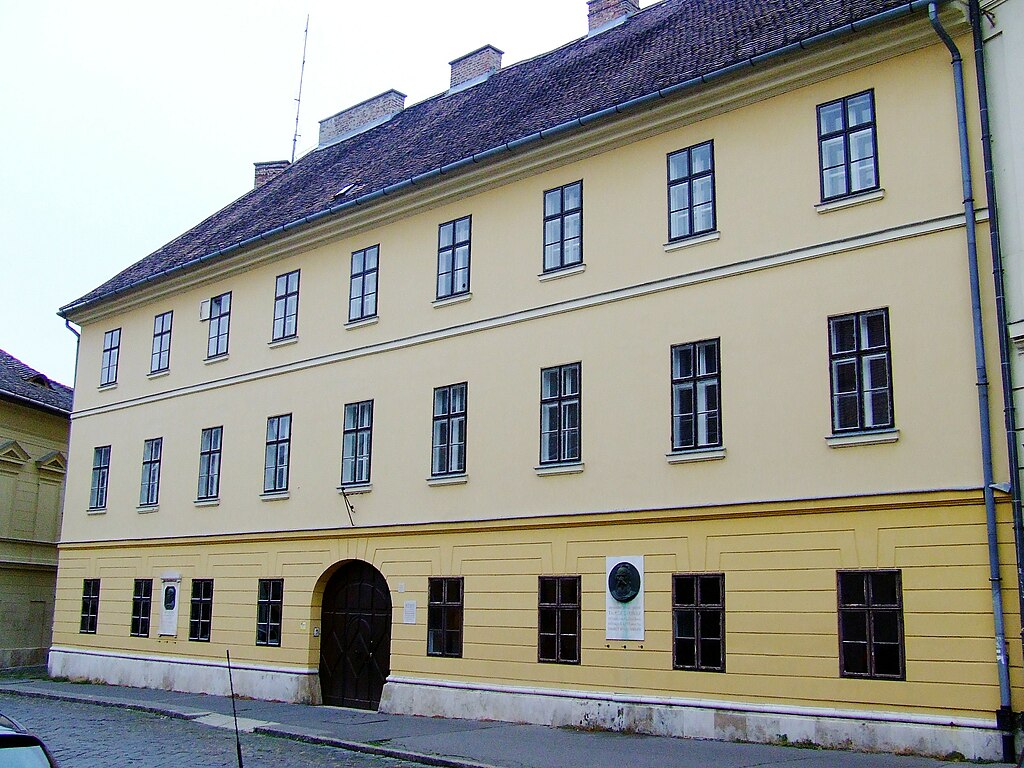
Hero of both Poland and Hungary, legendary general Józef Bem was born 230 years ago.Continue reading

One of the leading figures of the Hungarian Revolution and War of Independence of 1848-1849 was born 225 years ago. Mihály Táncsics struggled his way up from serfdom to become one of the most important members of the Hungarian intellectual elite, and his name is still preserved in streets, public squares, statues, and dozens of schools, writes Magyar Nemzet.
Mihály Táncsics was born into a serf family in Ácsteszér (northwestern Hungary) in 1799. His mother was Slovakian and his father Croatian, therefore it was perhaps no coincidence that he felt a special affinity for the study of languages, especially Hungarian. He spent his childhood in the shadow of poverty and exploitation, which later determined his whole life. At the age of 19, however, he broke out of serfdom: first, he became a traveling peasant, while self-educating himself, then he completed teacher training in Buda, and later studied Latin and law. His academic activities were closely intertwined with journalism and public life.
Urban developer, journalist, textbook author, amateur linguist, political prisoner – just a few of the titles that belong to one of the iconic figures of the 19th century.
And yet Mihály Táncsics is rightly remembered most often as one of the first socialist politicians who fought his way into the elite of the Hungarian intelligentsia of his time through his own efforts.
However, because of his socialist leanings, many people still refer to him as one of the most controversial figures in Hungarian political history.

Photo via Wikipedia
Táncsics married the daughter of a bootmaker, and at first was mainly concerned with linguistic matters. He soon came into conflict with censors, who forced him to publish his writings abroad. He was also editor of the Pesti Hírlap and of the more radical Munkások Újsága (Workers’ Newspaper). In the former paper, he supported Lajos Kossuth in the cause of serf liberation, while the latter publication was banned by Kossuth himself.
The political battles did not escape the actors of the 19th century,
but it was a period in Hungarian history when the vision of a free, bourgeois Hungary, a common goal, was able to unite even such serious differences at the most important moments.

The National Song being recited at the National Museum. Photo via Wikipedia.
In 1847, Táncsics was convicted and imprisoned on charges of sedition for violating censorship. He was released from prison during the tumultuous movement of 1848, after which he participated as a representative in the Diet in 1848. However, Táncsics’ outspoken speeches and his inability to compromise made him an object of ridicule. After the fall of the War of Independence, he was sentenced to death, but his wife hid him.

The Budapest prison where he served his sentence. Photo via Wikipedia.
He was granted amnesty in 1857, but was placed under police surveillance. In 1860, he was sentenced to fifteen years in prison for organizing a demonstration, from which he was released in 1867. Between 1869 and 1872, he was a member of parliament while he re-launched a newspaper called the Arany Trombita (Golden Trumpet), and became involved in labor movement organization. In his last years, however, he lived in poverty and his house was auctioned off. He died in 1884, in Budapest.
Táncsics was an outstanding figure in Hungarian literature and history, whose courage and commitment are still exemplary today.
Via Magyar Nemzet; Featured image via Wikipédia